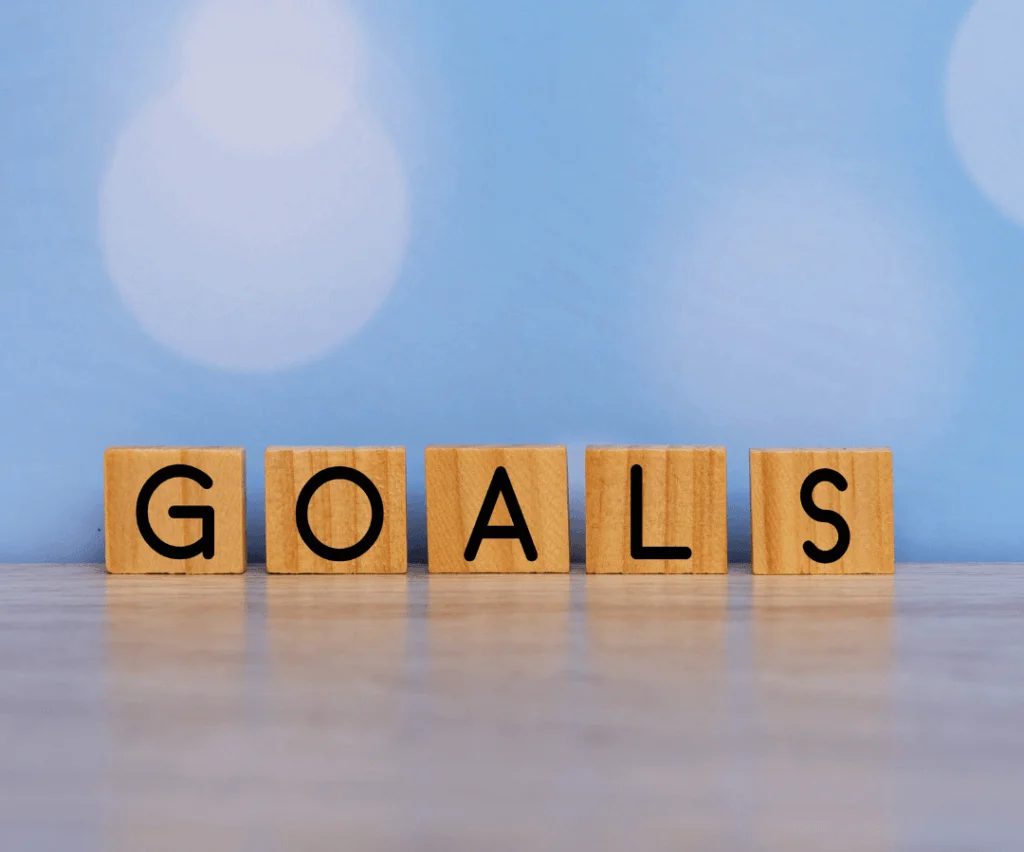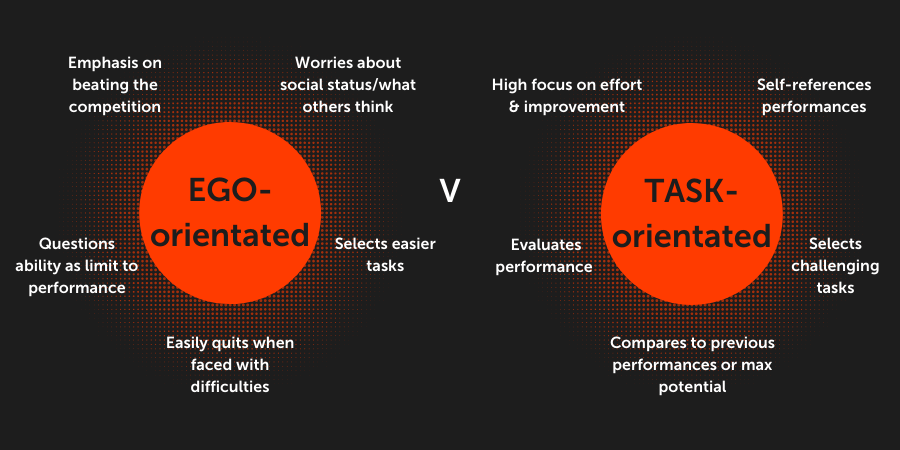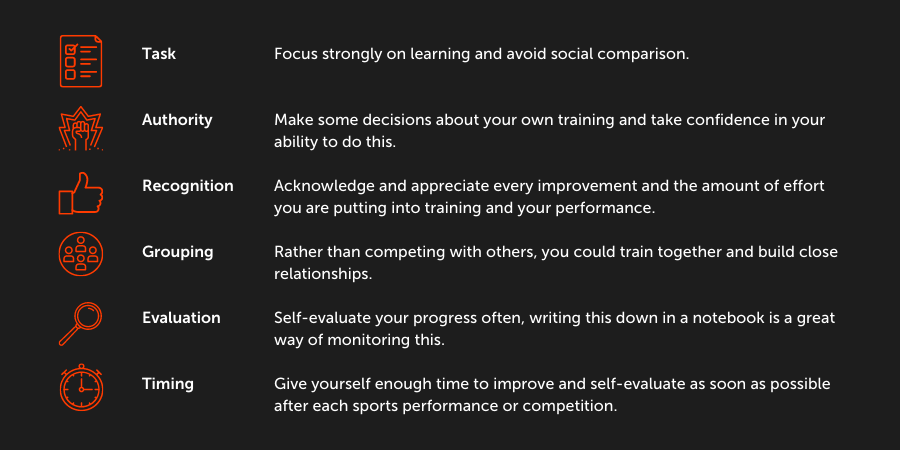
Athletics
Performance Disappointment And Setting New Goals
If you take part in any sport, performance disappointment is unfortunately going to occur at some point. Whether you fail to reach a goal or experience a setback such as an injury, it can be emotionally draining and demotivating.
1 min read
Published on
October 20, 2021
Written by
EDGE
Share this article
Disappointment is often associated with words including failure and defeat. However, it’s important to not let these words condition how you feel and behave. It is your actions that matter. How you handle the current situation sets an example that affects your future performance. For example, you can become inspired to improve based on what caused previous issues and focus on your next performance goal.
It’s really important to utilise and learn from performance disappointment.
Ask yourself, what went wrong?
Could I have done anything differently?
What can I do now to prevent this disappointment from happening again?
REFLECTING DURING THE OFF SEASON
A good time to reflect on your sport performance could be during the off season. Here is some advice from Claudia, one of our ambassadors, on how she deals with feeling the post race blues and approaching the off season in a constructive way:
Claudia Schroegel (Trail Runner)
"Post-race blues are very common. Given that training for big races take a lot of time, dedication and effort; we can feel deflated without the same routine and output after a big event. Therefore, train or taper down after a few days of rest or active recovery. Then focus on your off season: assess your weaknesses, improve your strength work, iron out any imbalances or niggles. Try different types of activities without the pressure to perform and find the motivation to become a well-rounded athlete. Off season means downtime and foundation work. From next season’s race date count backwards to know when to start training more specifically again (base, build, peak, race)."
Setting Achievable Goals (“Achievement Goal Theory”)
The study of motivation has been a highlight of interest to sport psychologists since the early 1990s. Maehr and Nicholls (1980) argued that
‘success and failure are not concrete events’.
‘They are psychological states consequent on perception of reaching or not reaching goals.’
Maehr and Nicholls (1980) defined the types of achievement motivation which have now been modified into ‘ego’ and ‘task’ goal orientated motivation. Duda (1993) outlines ‘ego’ goal orientation when success is defined as the demonstration of superiority over others). For ‘task’ goal orientation ‘the primary goal is to produce an adequate product or to solve a problem for its own sake rather than to demonstrate ability’ (6).
Nicholls (1989) argued that the two main goals, task and ego, are based on how people think about, or define, competence. Those who are ego-orientated perceive ability as limiting the effects of effort on performance (9). Ego performance goals reflect competence perception relative to the performance of others. It is often associated with selection of easier tasks, trivial learning strategies, concern for social status, and thoughts of escape and behavioural withdrawal when difficulties are encountered (5, 3, 7, 4).
On the other hand, those who are task orientated perceive competence in terms of absolute evaluative standards or task mastery. Task involvement appears when the athlete is intrinsically interested in the activity and judges themselves in a self-referenced manner. Therefore, task-oriented goals rely on comparisons with requirements of the task and comparisons with a previous performance or maximum performance potential. There is a high focus on effort and improvement. Task orientation is related to selection of challenging tasks, effective study strategies, positive attitudes toward learning, and positive emotions.

If you have recently experienced a performance disappointment or set back, get inspired to improve what caused the disappointment. An excellent tool for creating more task-orientated motivation and setting new goals is the TARGET model which was developed by Carole Ames in 1990-1992 (1,2).

Our ambassador Becky Hair has kindly given her advice on setting new goals for the new season…
-
Reflect – The best thing to do is to reflect on your previous season (if you have one) – think about what you enjoyed the most, what you’d like to keep, and what you didn’t enjoy so much. Sometimes it’s obvious when we don’t like something – they’re the sessions that we don’t engage with! If we don’t engage well with something, try and unpick that, and see what the reasons are behind it.
-
Create Goals – Goals have to come from YOU – if someone else (like your coach, or your other half) gives you your goals – then you won’t achieve them. Set a time limit on them, long- and short-term goals. And then write down just how you’re going to get there – these are called process goals.
-
Make them specific – So, if you want to run faster you have to really nail this down – do you want to get faster over 5km, 10km, or half marathon? Oh, and you’re going to have to do some speed sessions! (Shock horror!) How often will you do these speed sessions? What kind of speed session will you do – how will you make them specific to your goal? The main thing that people struggle with is the specificity and making the goal realistic. If I can run a 2-hour half marathon now, then I am unlikely to be able to run an 80-minute half marathon in 3 months’ time. It will all depend on your initial fitness, your training levels, what time you want to give to the sport, and how you can fit it in around everyday life.
-
Don’t overestimate – Never overestimate what you can do – it is better to underestimate and be successful in ticking off consistent training weeks, than overestimate and feel a failure when you can’t complete them. For example, when I give physio rehab exercises – I will not prescribe them every day. I’m a physio, and if I were given 10 minutes of exercises once daily, I wouldn’t find the time to do it because I’m too busy – so I wouldn’t expect that from my clients either. Just be realistic with what you can and want to do.
-
Keep reflecting – Reflect on your goals every week – 5 minutes is all it takes, and then each month try and review your process goals too – just to check if you’re on the right track. Keep a reflective journal and that will help you see your progress and continue to be motivated too.
Setting new goals is a really beneficial way of moving forward and improving your performance. Remember that every athlete will go through performance disappointment and setbacks at some point, but it’s these experiences that make you an even stronger athlete!
Blood test for
Triathletes
Male & Female Tests
sports doctor review
Results in 2 working days
Flexible subscription
-
Ames, C. (1990). Motivation: What teachers need to know. Teachers College Record, 91, 409–421.
-
Ames. C. (1992). Classrooms: Goals, structures, and student motivation. Journal of Educational Psychology, 84, 261–271.
-
Biddle, S., Wang, C. K. J., & Kavussanu, M. (2003). Correlates of achievement goal orientations in physical activity: A systematic review of research. European Journal of Sport Science 3, 1-20.
-
Bortoli, L., Bertollo, M., Comani, S., & Robazza, C. (2011). Competence, achievement goals, motivational climate, and pleasant psychbiosocial states in youth sport. Journal of Sports Sciences, 29, 171-180.
-
Dweck, C. S., & Leggett, E. L. (1988). A social-cognitive approach to motivation and personality. Psychological Review, 95, 256-273.
-
Harwood, C. H. R. I. S., & Biddle, S. T. U. A. R. T. (2002). The application of achievement goal theory in youth sport. Solutions in sport psychology, 2002, 58-73.
-
Kaplan, A., & Maehr, M. L. (2007). The contributions and prospects of goal orientation theory. Educational Psychology Review, 19, 141-184
-
Maehr, M. L. (1974). Culture and achievement motivation. American Psychologist, 29(12), 887.
-
Nicholls, J. G. (1989) The Competitive Ethos and Democratic Education, Cambridge, MA: Harvard University Press.
Get 10% off your first order
Want regular tips on how to make the most of your results? Join our newsletter and we'll give you 10% off your order!
